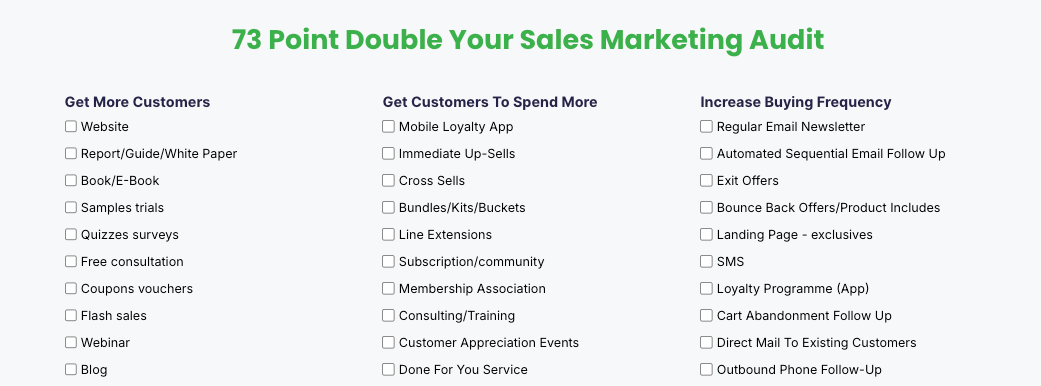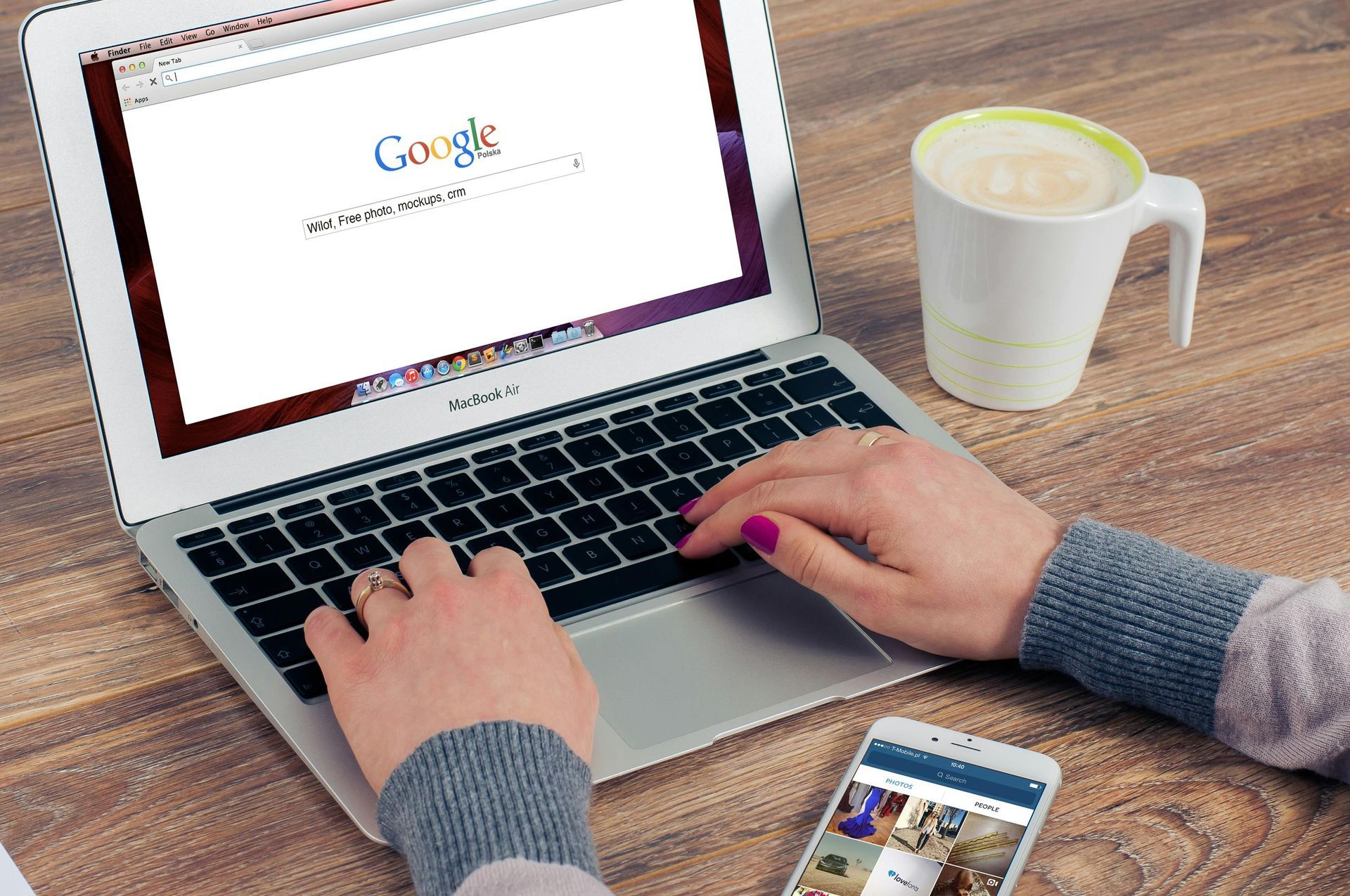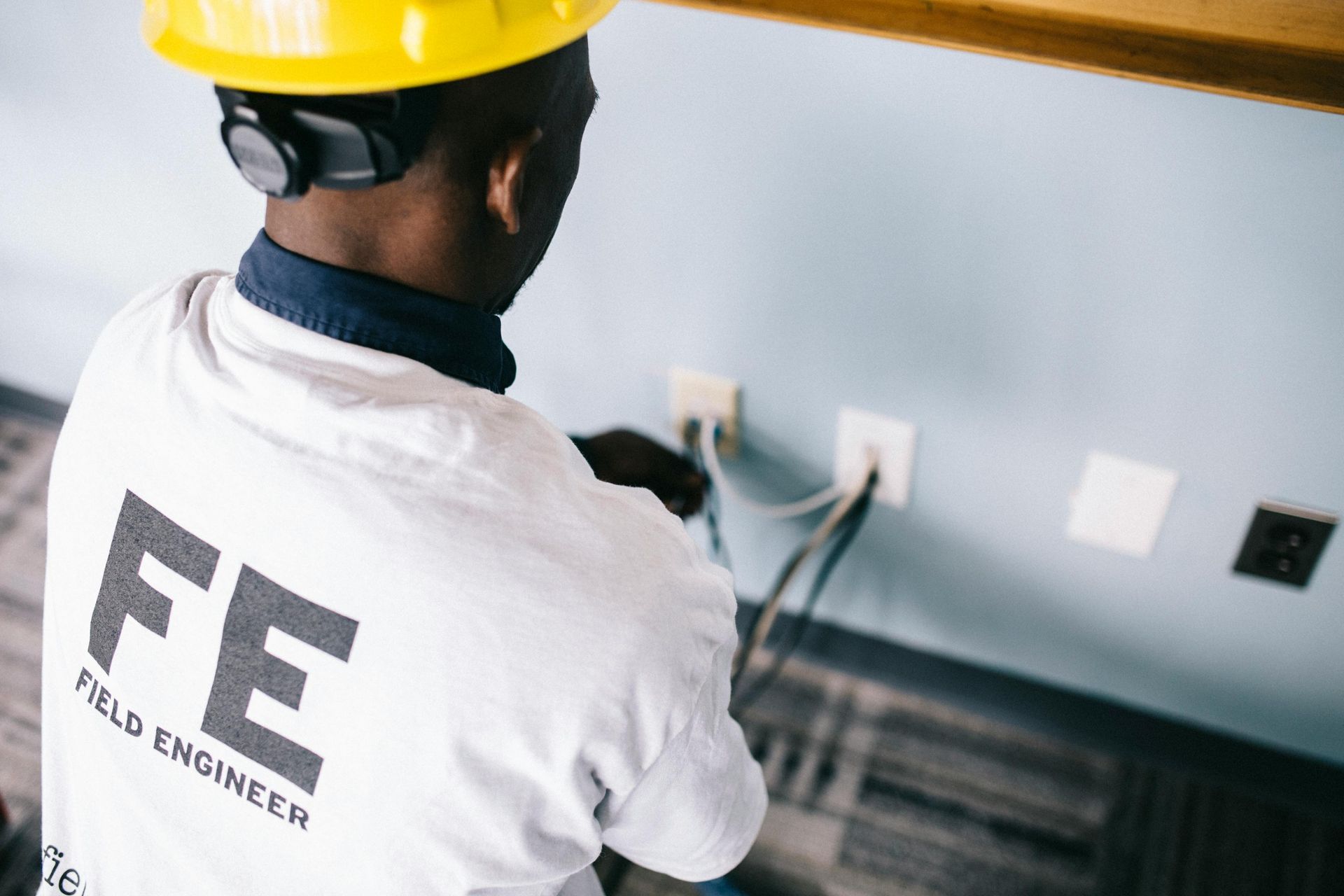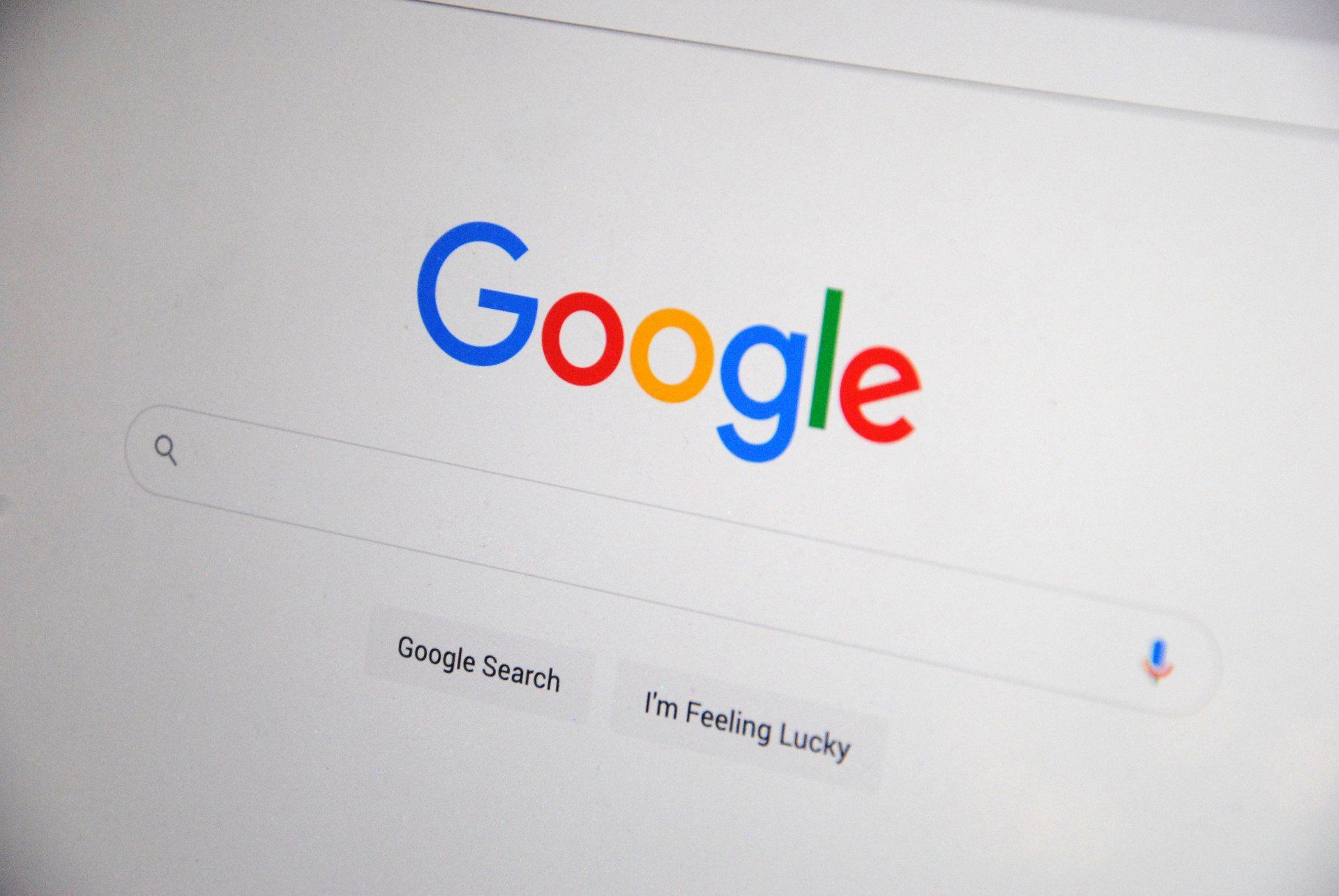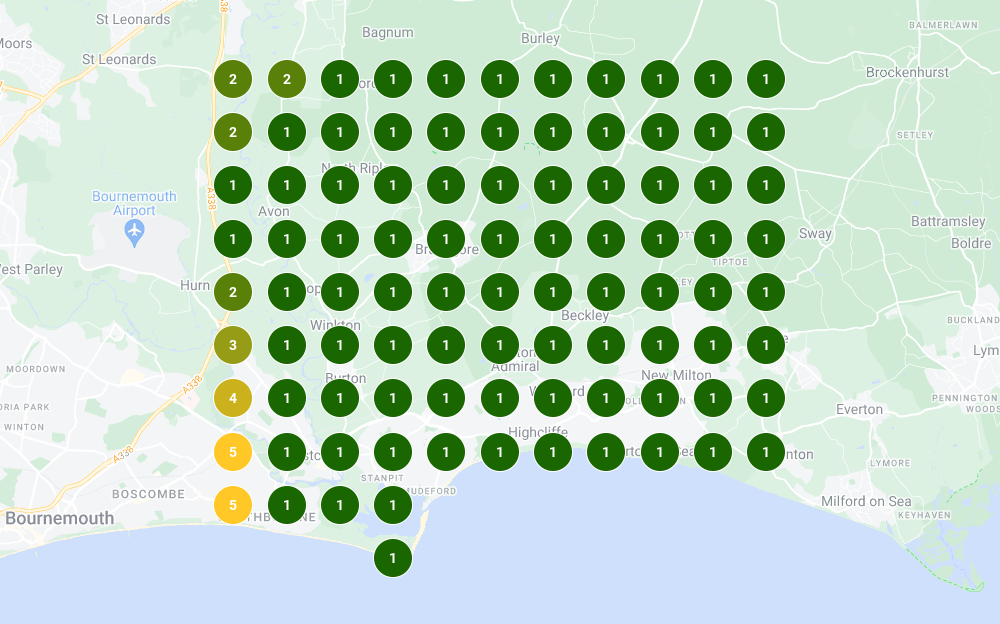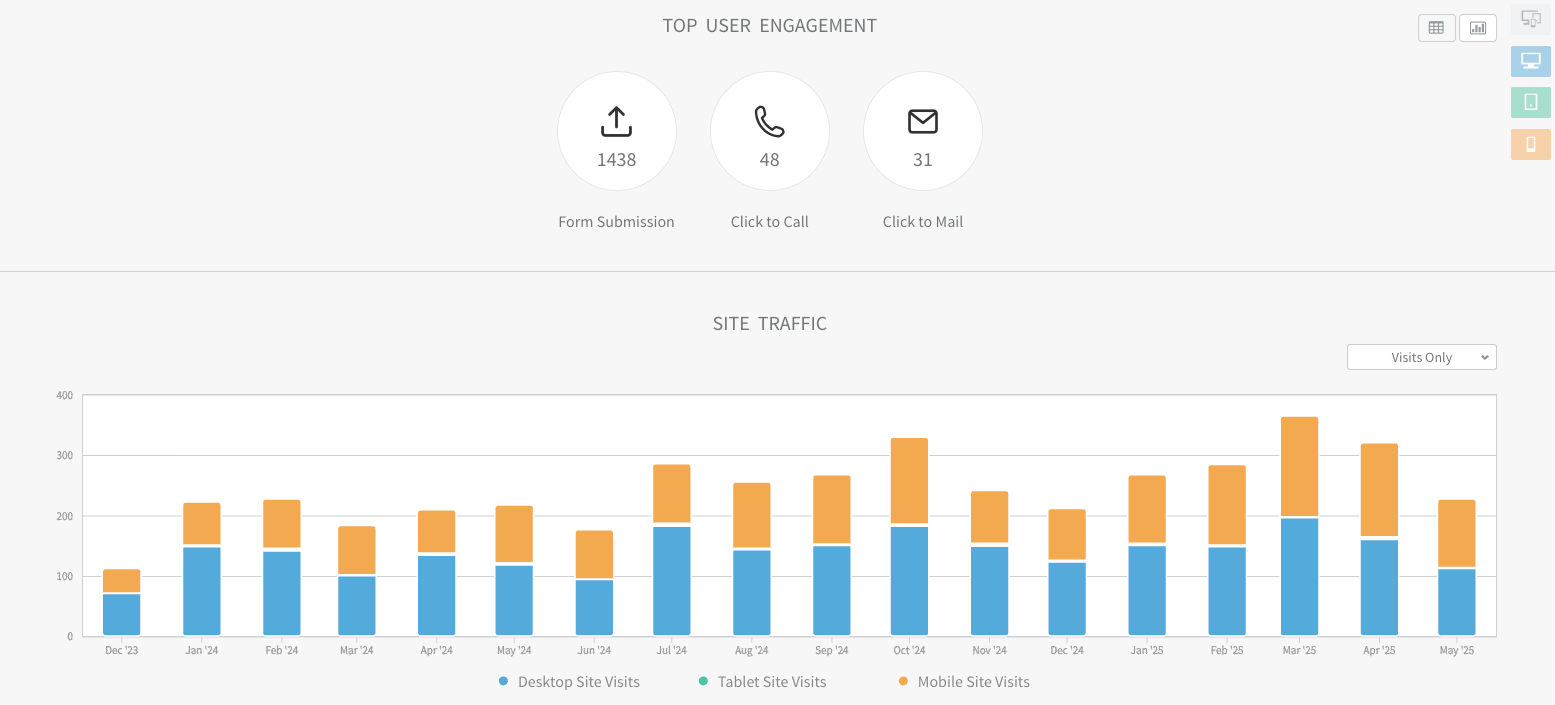No Going Back for Businesses
Jon Richardson • June 30, 2020
The "New Normal"

Last week, I wrote about how the current climate has forced all companies, no matter how small, to prioritise their digital systems and offer the consumer easy access to online goods and services through AI website and mobile app platforms. Today, I will expand on this and suggest that we have now reached a point of no return, with the world recovering, consumer behaviours have permanently changed.
No Going Back For Customers
Consumers, rapidly growing accustomed to engaging in digital technologies, appear to be happy to shop from the comfort of their own homes, and look set to continue to develop and embrace this habit further. Older generations who previously shunned shopping via a screen have had to become more familiar with their devices, working out online banking, downloading Zoom and WhatsApp and ordering everything from gardening supplies to the weekly groceries. This way of interfacing shows no signs of slowing and businesses across all industries will need to review and expand every aspect of their digital presence to ensure that they are providing a highly effective experience for the customer.
Healthy Digital Trends
Demand for digital interfacing is increasing not only in the product sector but also in services where online interactions are becoming more commonplace. Tele-health, for example, has seen an explosion in its use as people seek health-related services such as therapy, patient care, advice and interventions via electronic information and telecommunication technologies rather than face-to-face. Personal trainers have seen a massive surge in demand with interactive at-home workouts as gyms across the country closed.
Bring Your Own Device
Global responses to the pandemic saw many employees begin working from home for the first time in March 2020. The short notice meant that people had to utilise their own technology and brought a whole new meaning to Bring Your Own Device. Even where workers had a business laptop, they were able to depend more heavily on their own personal devices to access work resources. Pre-lockdown, 87% of businesses relied on employees to use BOYD and these figures will have increased. Productivity rates increased by over 33% when employees used their own devices. We can only wonder if this rate has grown significantly since workers have shifted to home environments with limitless access to their own hardware to stay organised and remain on task.
App, App and Away
At one time, apps were seen as something that only larger businesses invested in but now we are reaching a point where nearly every business, from micro pub to grocers will need to provide an app. Social distancing has forced us to leverage the power of apps to provide contactless experiences for ordering, loyalty schemes and booking systems.
Flexible Working
Working from home had already grown 159% since 2005 but with corporations now considering if they need their large office spaces, our city centre landscapes are due for a wholesale change. Flexible working has proven to generally improve productivity, stress levels and overall wellbeing. All of this will increase as we move into a post pandemic phase. Companies are now reinventing how they use their space as remote working becomes the norm. Property in both commercial and residential will now evolve as people and companies crave more creative use of office space both in the home and at the corporate headquarters. Let's not forget, other benefits include less pollution, reduced costs and more time with family and friends.
What Does All This Mean?
The global pandemic has accelerated us around five years into the future in terms of how consumers make business decisions and purchases. We were already starting to see signs that online retail and mobile apps were the future, but now it is here, all in the space of a few months! There will be winners and losers in all of this, but when the dust settles and we all adjust to the ‘new normal’, I believe the benefits will far outweigh the negatives. We will be happier, more efficient and the world will be less polluted, and technology will lead the way.

